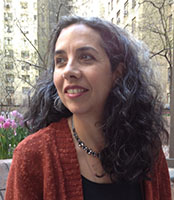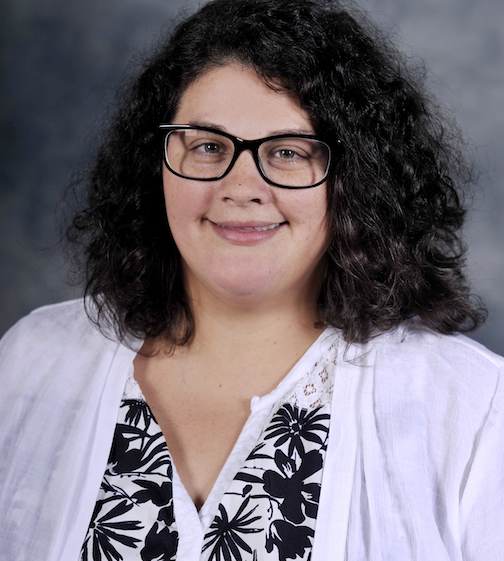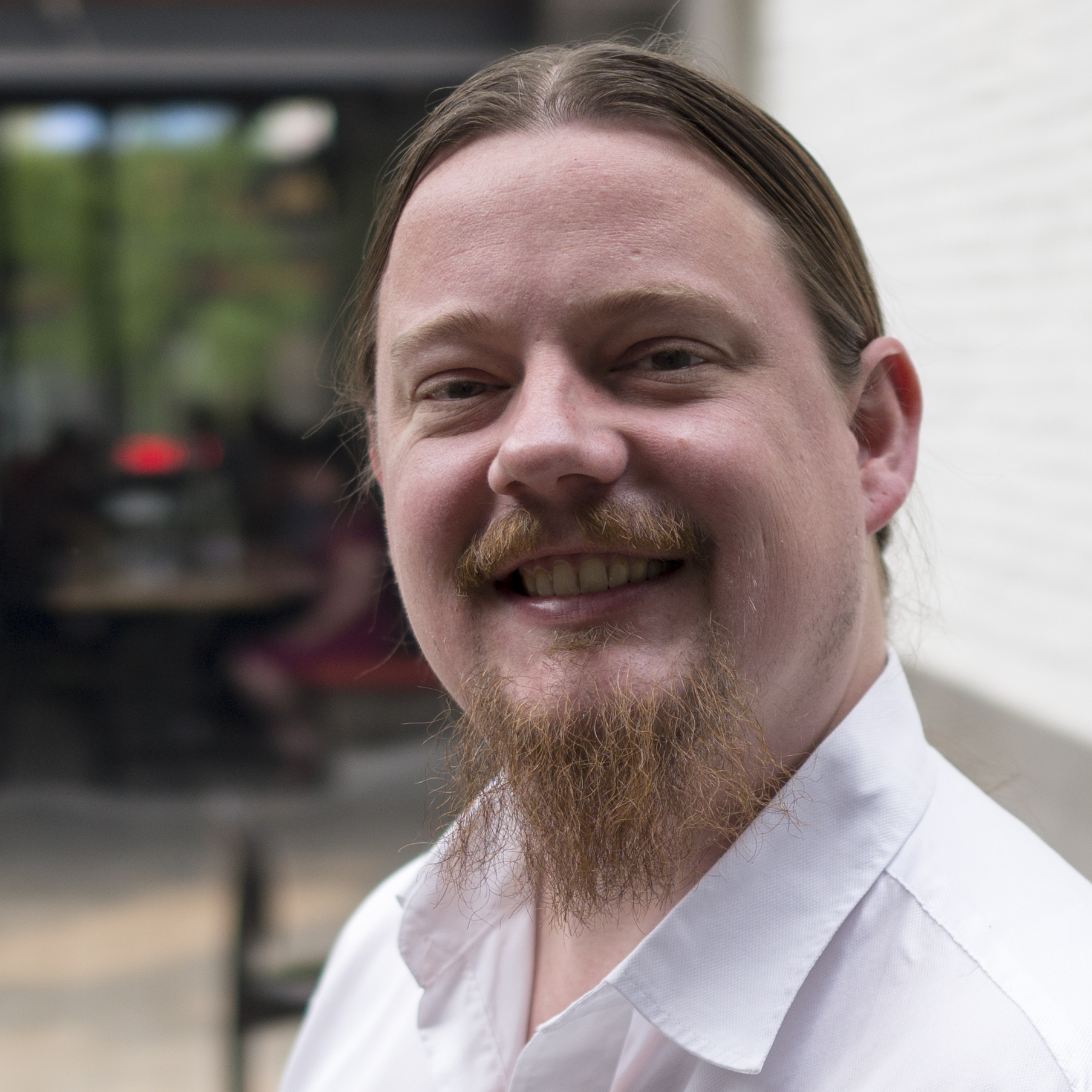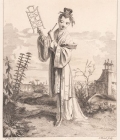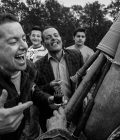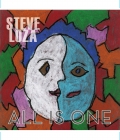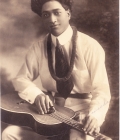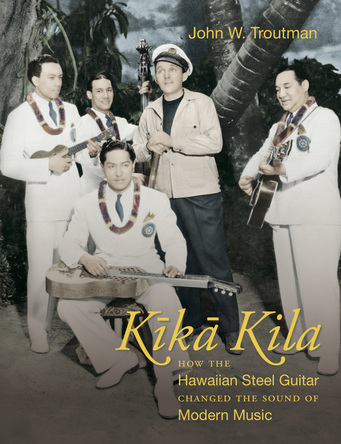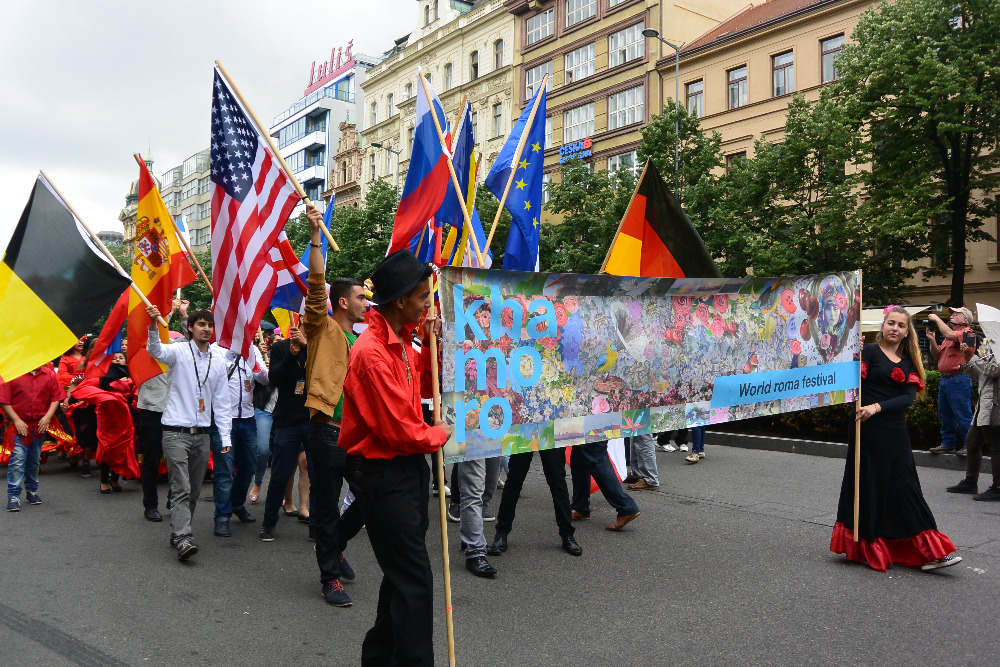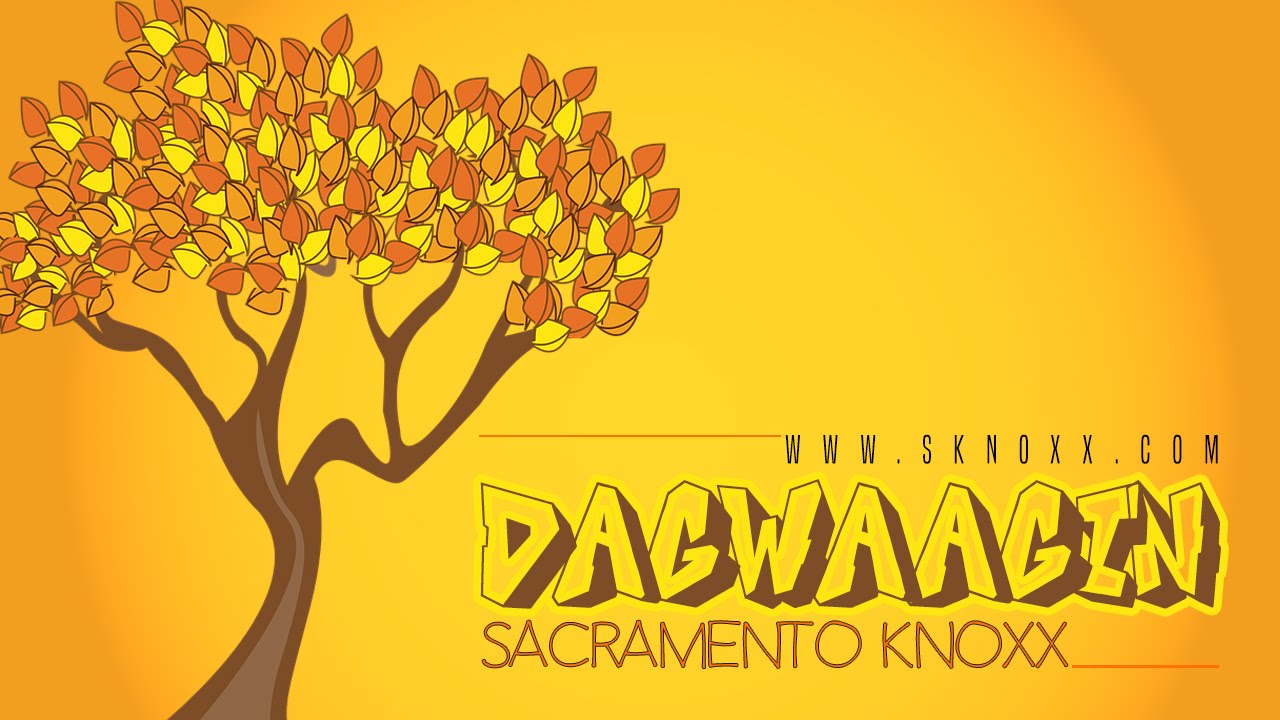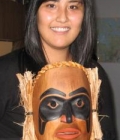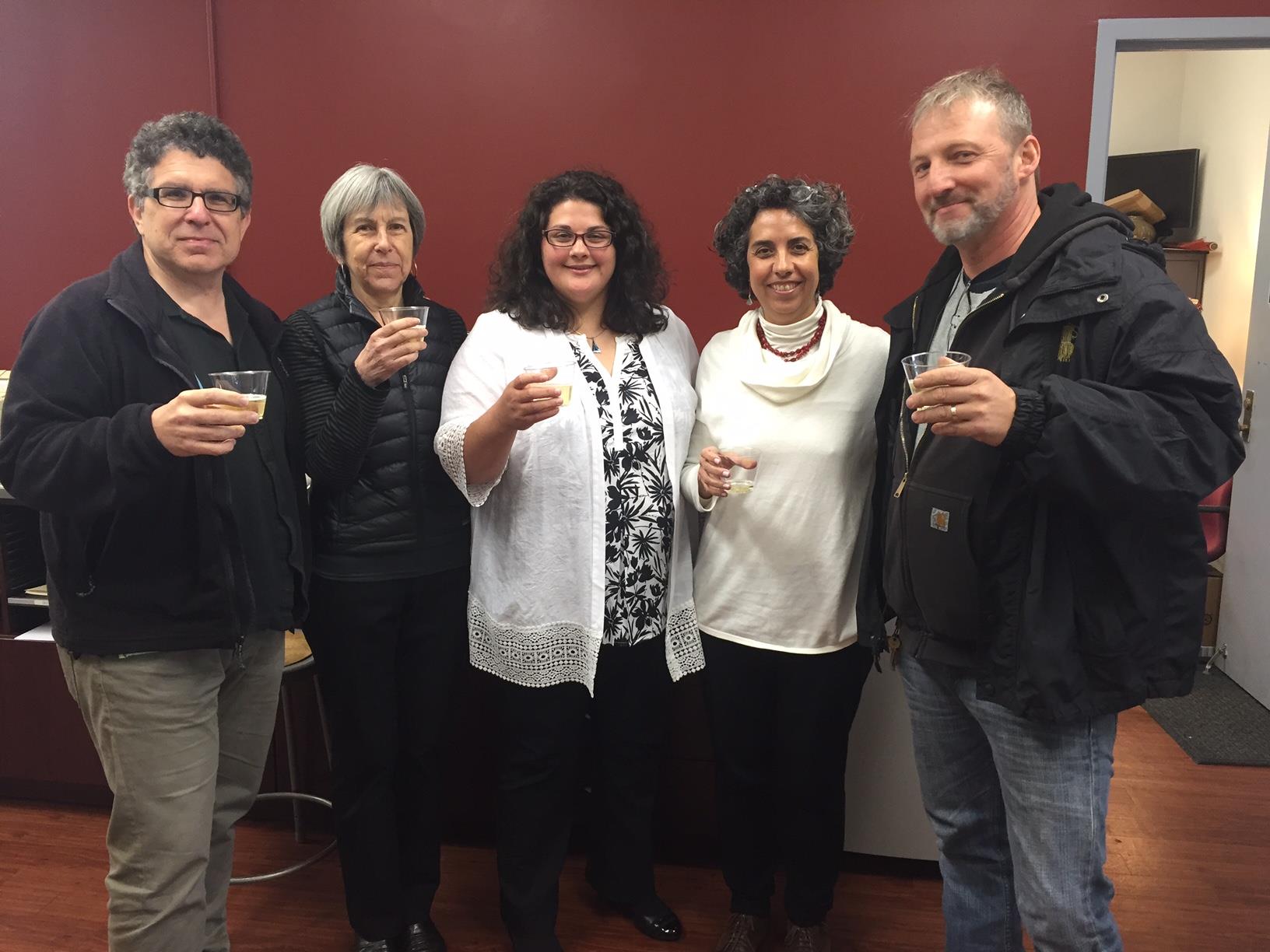
Sounding China in the World: A Workshop on Musical Circulations to and from China from the Qing Dynasty Through the Present
9:30am-5:30 pm, 701c Dodge Hall
In this workshop, we will investigate the evolving place of China in the world and of the world in China through the important and underutilized lens of music. Examining circulations of music and their connections to processes of knowledge formation, we will consider the ways diverse musics have been transmitted, reformulated, and integrated in contexts ranging from the eighteenth century Qing court to contemporary southern China. We aim to generate productive dialogue through transhistorical perspectives across and through disciplines in order to reassess China’s central role in the formation of a globalized culture from the Enlightenment through the present.
Schedule
9:30 Welcome (Susan Boynton)
10:00 Session 1 (Chair: Susan Boynton)
10:00-11:00: Qingfan Jiang (Music, Columbia), Unfinished Mission: Jesuits and the Circulation of Musical Knowledge in the Encyclopedic Century (respondent: Paize Keulemans)
11:00-12:00: Paize Keulemans (East Asian Studies, Princeton), An Aural Account of the Fall of the Ming Dynasty: Critical Listening in Chinese Rumor, Jesuit History, and Dutch Tragedy of the 17th Century
(respondent: Qingfan Jiang)
2:00-3:00: Session 2 (Chair: Wei Shang, East Asian Languages and Cultures, Columbia)
2:00-3:00: Adam Kielman (Music, Columbia), Mobilities, Musical Cosmopolitanism, and Southern China’s Transforming Music Industry (respondent: Fred Lau)
3:00-4:00: Fred Lau (Music, University of Hawaii), “Are we there yet?” 1960s Hong Kong Pop Music and Modernity (respondent: Adam Kielman)
4:00-4:30 Break
4:30-5:30 Final Discussion
Sponsors: Weatherhead East Asian Institute, Department of Music, Columbia Global Centers | Beijing

